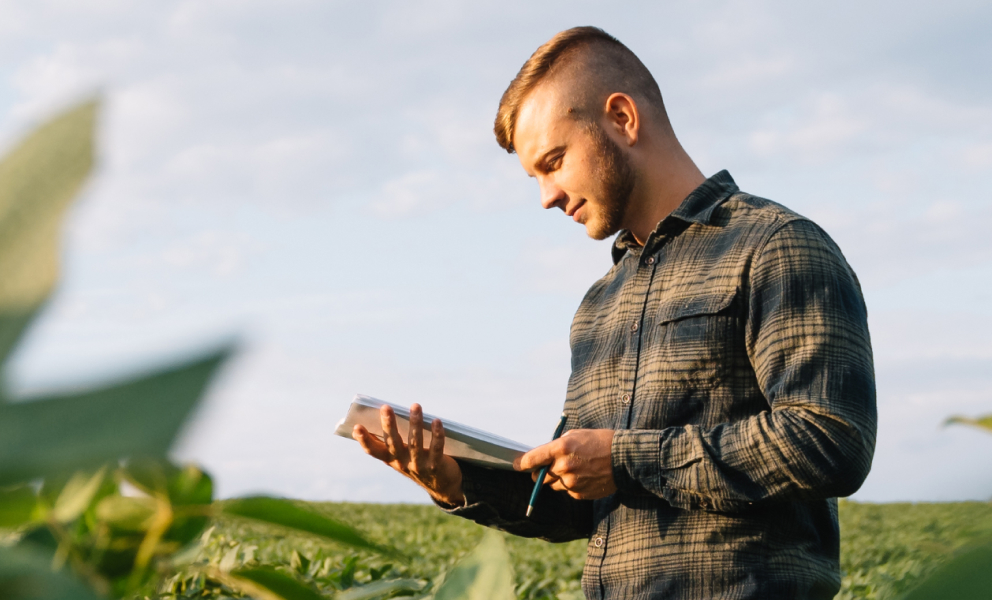Contact Us
Let's start the conversation

Get in Touch
Address
AgSpire Inc.
120 22nd Ave S, #247
Brookings, SD 57006
Phone
Call or Text
(605) 675-7255
info@agspire.com

AgSpire Inc.
120 22nd Ave S, #247
Brookings, SD 57006
Call or Text
(605) 675-7255
info@agspire.com